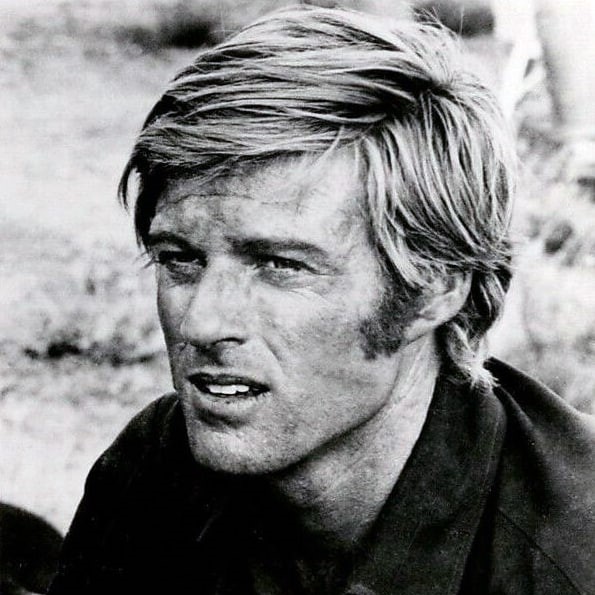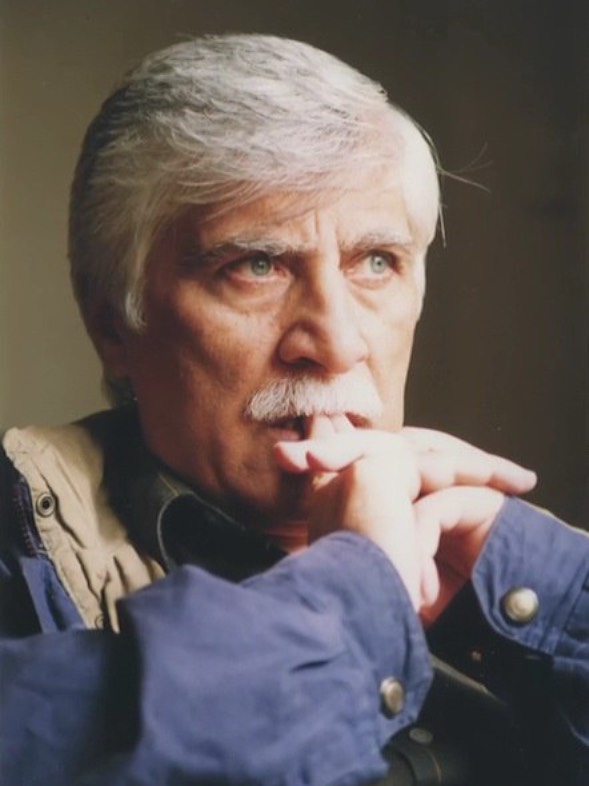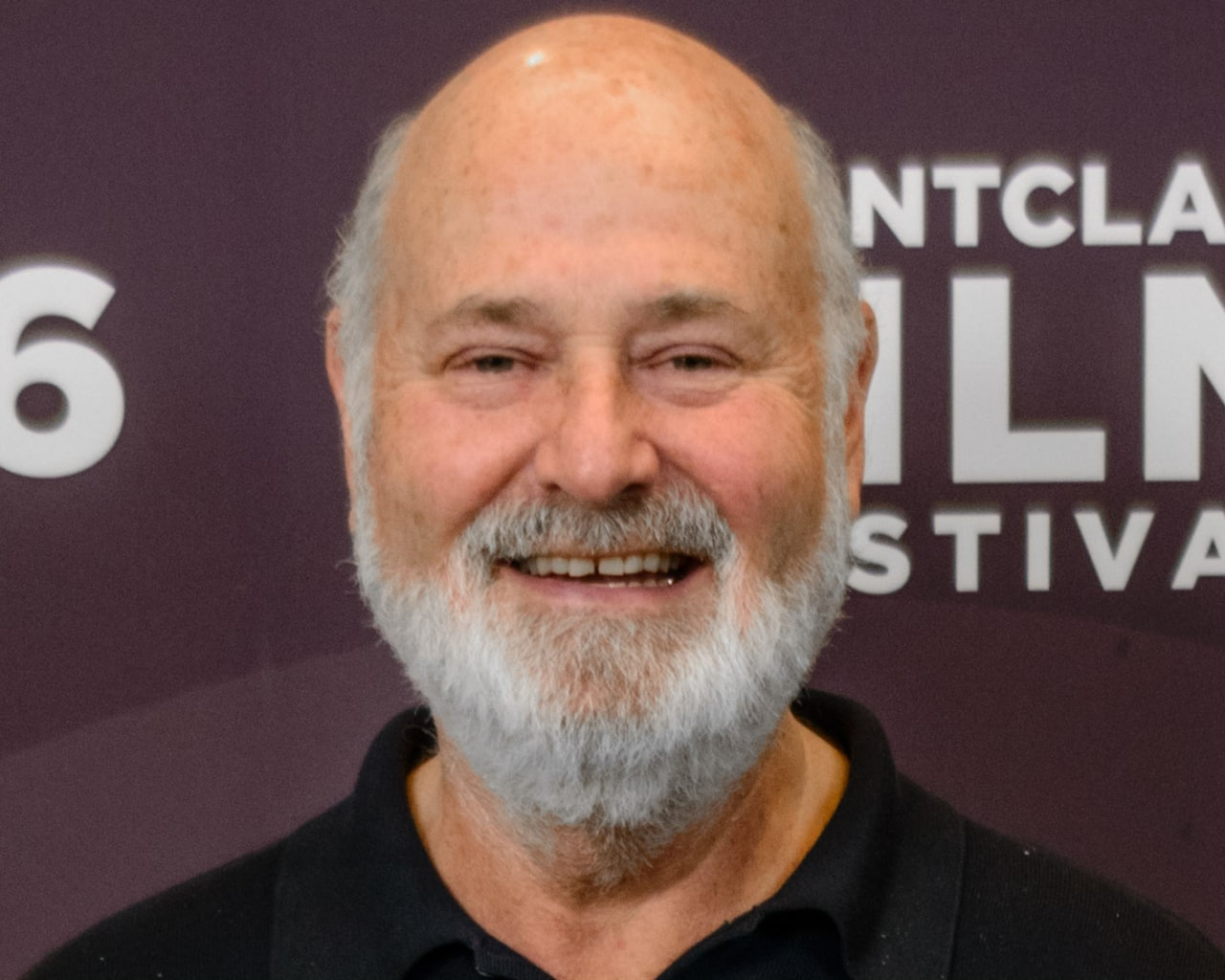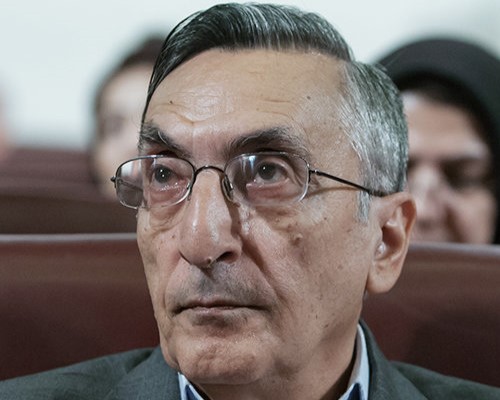Robert Redford, the Oscar-winning actor, director, and founder of the Sundance Film Festival, died peacefully in his sleep on Tuesday, September 16, at his home in Utah. He was 89. His family confirmed the news to The New York Times, marking the end of an era in Hollywood that Redford himself helped shape across six decades.
A Star of the Golden Age of Hollywood
Known for his rugged good looks, piercing blue eyes, and understated charisma, Redford emerged in the late 1960s as one of Hollywood’s most bankable stars. His breakout came with Butch Cassidy and the Sundance Kid (1969), alongside Paul Newman — a film that not only cemented his stardom but also lent its name to the future Sundance Institute.
Over the next decades, Redford delivered memorable performances in classics such as The Great Gatsby (1974), All the President’s Men (1976), The Natural (1984), and Out of Africa (1985). He often portrayed complex, morally driven characters who resonated deeply with American audiences, reflecting the shifting cultural landscape of the late 20th century.
Although he never won the Academy Award for acting, his body of work and cultural impact were recognized in 2002, when he received an honorary Oscar for lifetime achievement.
Behind the Camera: A Visionary Director
Redford transitioned into directing with his 1980 debut Ordinary People, a devastating family drama that won four Academy Awards, including Best Picture and Best Director for Redford himself. His quiet, meticulous directing style was praised for its sensitivity to character and nuance.
He went on to direct notable films such as A River Runs Through It (1992), which introduced Brad Pitt to global audiences, and The Horse Whisperer (1998), a heartfelt drama that combined Redford’s love for the American West with his storytelling craft.
Champion of Independent Film
Beyond acting and directing, Redford’s most enduring legacy may be his role in nurturing independent cinema. In 1981, he established the Sundance Institute and soon after launched the Sundance Film Festival, which has since become the world’s leading platform for independent filmmakers.
Through Sundance, Redford gave voice to a generation of storytellers outside Hollywood’s mainstream system. The festival introduced global audiences to directors such as Quentin Tarantino, Steven Soderbergh, and Darren Aronofsky, making Redford a pivotal figure in reshaping the modern film landscape.
A Life of Activism and Advocacy
Redford was also deeply engaged in social and environmental causes. A committed conservationist, he spent decades advocating for the protection of natural landscapes and indigenous rights in the United States. He frequently used his public platform to highlight climate change and the need for sustainable policies.
Tributes from Colleagues and Leaders
Tributes poured in following the news of his death. Meryl Streep, his co-star in Out of Africa, remembered him as “one of the lions. Sleep well, my dear friend.” Jane Fonda, who worked with Redford on multiple films, described him as “a noble human being in every way” and “the representation of an America worth fighting for.”
Former President Donald Trump also paid his respects, writing: “There was a time when no one was greater.”
Personal Tragedies Amidst Public Triumphs
Redford’s public success was tempered by personal losses. He and his first wife, historian Lola Van Wagenen, had four children, two of whom preceded him in death: his infant son Scott and his son James, a filmmaker and activist, who died of cancer in 2020. These tragedies shaped Redford’s outlook on life and added depth to his later work.
The Lasting Legacy
In 2018, Redford announced his retirement from acting after The Old Man & the Gun, though he made a brief cameo in Avengers: Endgame (2019). Even in his final years, he remained a symbol of integrity and artistry in an industry often driven by spectacle.
Robert Redford was more than just a Hollywood star. He was an institution — a man who bridged the glamour of the Golden Age with the grit of independent filmmaking. His influence stretched from the silver screen to the snowy mountains of Park City, Utah, where young filmmakers still gather every January to share their visions.
With his death, cinema loses not only a star but also a guardian of artistic freedom. His legacy endures in his films, in the Sundance Film Festival, and in the countless artists who found their voice under his watchful, generous eye.






